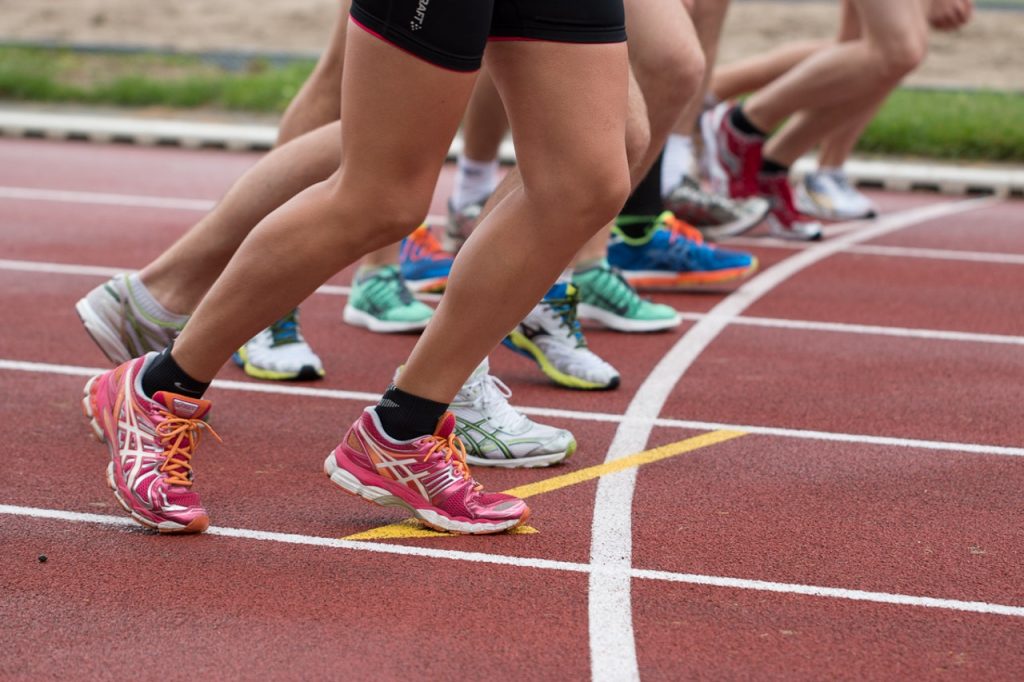Teens have unique nutritional needs in order to fuel their growing bodies. However, teens who are involved in competitive sports may have additional needs in order to maintain their performance and still provide their body with the proper energy and nutrition for growth. A teen’s needs may vary slightly depending on their sex, age, body size, and activity level.

Components of a well-balanced diet for any teen include carbohydrates, protein, fats, fluids, vitamins and minerals (especially vitamin D, calcium, and iron). Teen athletes should aim to eat at least three meals a day with two snacks in between, this is especially important on the day of an activity or event. Appetite should be the number one factor in guiding a teen’s calorie needs.
Timing of types of foods eaten before and after and event or activity can impact energy levels, performance, and recovery. The chart below explains timing of macronutrients pre and post an event or activity to enhance performance and recovery. Athletes should hydrate before, during, and after an event.
| When | What | Examples |
| PRE | ||
| Up to 4 hours before | Little to No Fat | |
| 3 hours before | Simple Carbs + Light Protein | Turkey sandwich, apple |
| 1-1/2 hour before | Simple Carbs | Banana |
| Event/Activity | ||
| POST | ||
| Within 20 minutes after | Complex Carbs | Whole grain granola bar |
| Within 1-3 hours after | Protein | Hardboiled egg |
| Any time after | Unsaturated Fats | Incorporated into meals |
Did You Know….
Carbohydrates should make up 50% of your teen’s calories.
To figure out the right amount of protein for your teen, divide their body weight in half and that is the amount of protein needed. Example: 150 lbs/2 =75 g protein/day.
Iron is the most common mineral deficiency among teens in the US. Iron consumption is especially important for teen girls once menstruation begins. Iron is best consumed with Vitamin C in order to be better absorbed.
Supplements are not recommended for teen athletes. These may have unstudied side effects or make your teen gain weight in fat and not muscle mass.


